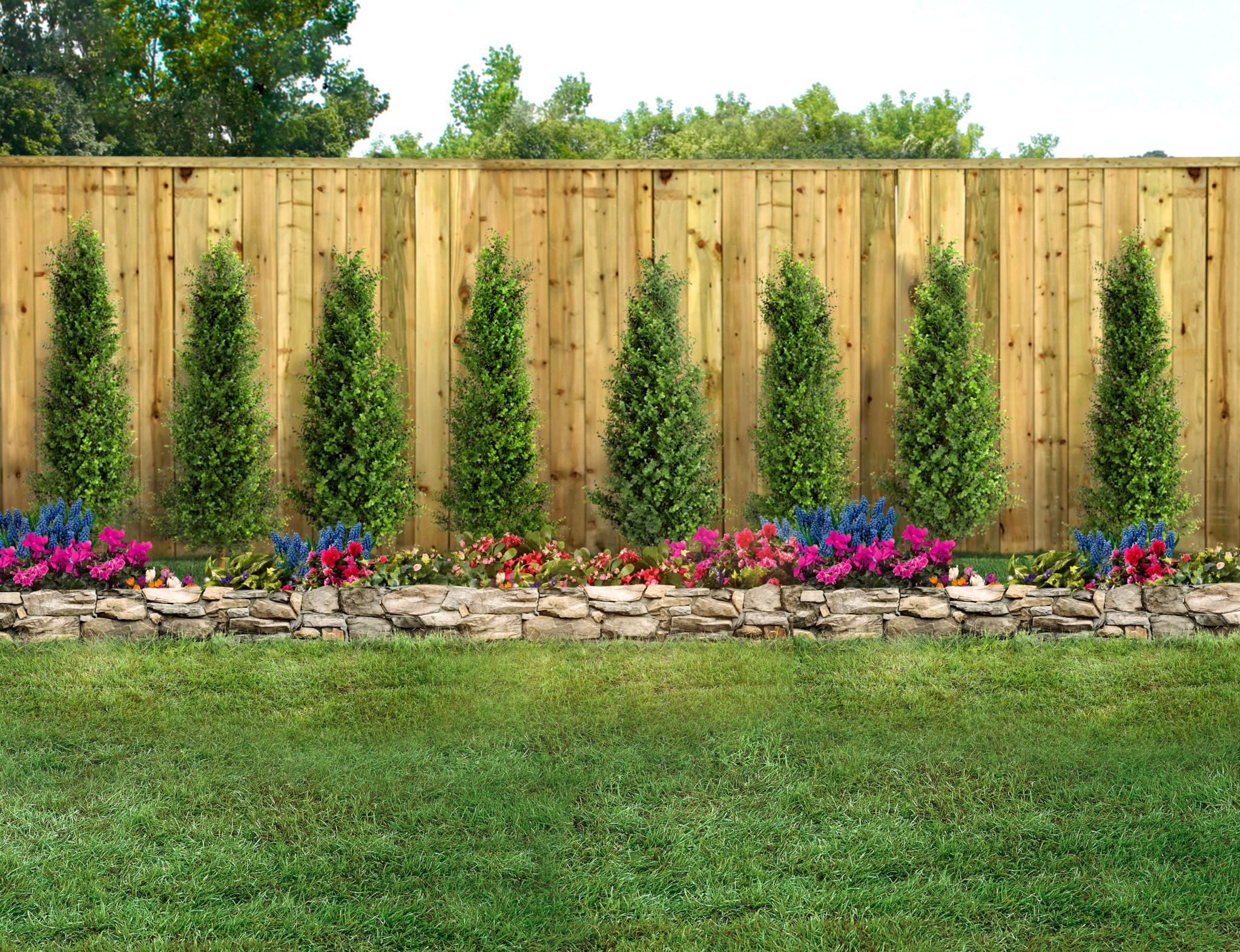Ultimate Guide to Pet Waste Management: Tips for a Cleaner Backyard
Understanding the Importance of Pet Waste Management
Maintaining a clean backyard is crucial for the health of your pets, your family, and the environment. Pet waste can harbor harmful bacteria and parasites that pose risks to both humans and animals. Moreover, if not properly managed, it can lead to unpleasant odors and attract pests. Implementing effective pet waste management practices ensures a healthier and more enjoyable outdoor space.

Setting Up a Waste Management Routine
Creating a routine for managing pet waste is essential. Begin by setting a specific time each day to clean up after your pets. Regular pick-up prevents waste from accumulating and becoming a larger problem. Use tools like pooper scoopers or gloves for sanitary collection, and always have bags on hand when walking your dog to ensure proper disposal.
Consider designating a specific area of your yard as a pet bathroom. Training your pets to use this space can simplify clean-up and protect other parts of your yard from damage. This practice also helps in maintaining a more organized and efficient waste management routine.
Biodegradable Bags and Disposal Options
When it comes to disposal, using biodegradable bags is an eco-friendly choice. These bags decompose more quickly than traditional plastic, reducing environmental impact. Always ensure that bags are securely tied before placing them in the trash or designated pet waste bins.

If you're looking for alternative disposal methods, consider installing a pet waste composter in your backyard. These systems break down waste naturally and can be an effective solution for environmentally conscious pet owners.
Dealing with Odors and Hygiene
Odors from pet waste can be a significant concern for many homeowners. To combat this, regularly clean the area with water and a mild detergent. Using products specifically designed to neutralize pet odors can also be beneficial. Additionally, maintaining good hygiene by washing your hands thoroughly after handling pet waste is vital.

Preventing Health Risks
Pet waste can pose several health risks due to harmful pathogens like E. coli and Giardia. Ensure your pets are regularly dewormed and vaccinated to minimize these risks. It's also important to educate children about the dangers of pet waste and encourage them to avoid playing in areas where pets frequently relieve themselves.
Community Responsibility and Etiquette
Proper pet waste management extends beyond your backyard. Being a responsible pet owner means picking up after your pets during walks in shared community spaces. Many communities provide designated pet waste stations equipped with bags and disposal bins, making it easier for owners to do their part.
By adopting these practices, not only are you contributing to a cleaner and healthier environment, but you are also fostering positive relationships with neighbors who will appreciate your efforts in maintaining shared spaces.
